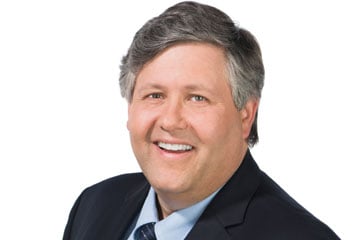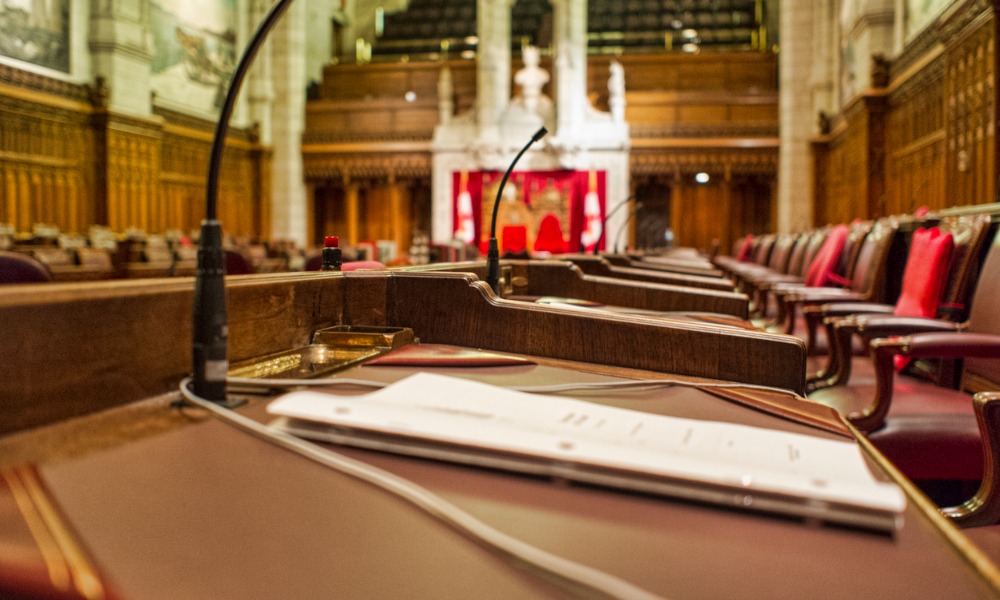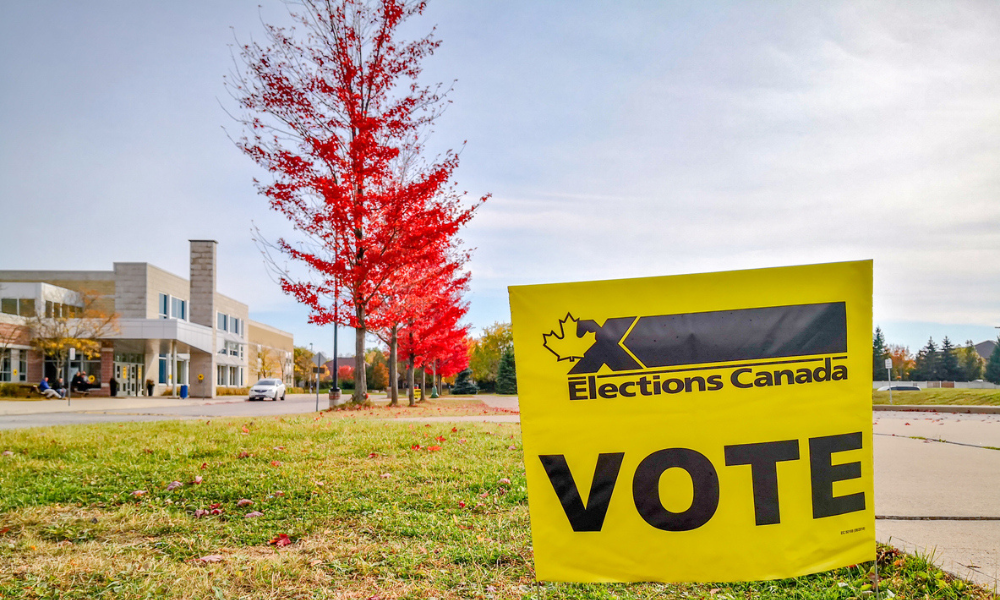A prominent case of a doctor disciplined for improperly sexually touching his patients has been granted leave to the Ontario Court of Appeal to be heard Nov. 27. The move comes after the province has introduced changes to penalties doctors face if they are found to be sexually abusing patients, after public outcry about the circumstances of the case.

A prominent case of a doctor disciplined for improperly sexually touching his patients has been granted leave to the Ontario Court of Appeal to be heard Nov. 27.
The move comes after the province introduced changes to penalties doctors face if they are found to be sexually abusing patients, after public outcry about the circumstances of the case.
In College of Physicians and Surgeons of Ontario v. Peirovy, the regulatory body for medical doctors appealed the penalty imposed on a walk-in clinic doctor, Javad Peirovy, after six female patients complained of inappropriate sexual touching during medical examinations in 2009 and 2010.
Most Read
In 2015, a discipline committee for the college found that that Peirovy had sexually abused four patients and suspended his licence for six months, as well ordered him to take additional training, pay $64,000 toward therapy for the victims and $35,000 toward costs. However, the college disagreed, saying Peirovy’s licence should have been revoked.
Miles Obradovich, owner of Obradovich Law, said via email that the issue at the centre of the appeal “is whether the paramount principle of protection of the public in the context of reduced tolerance for sexual interaction by doctors with their patients warrants a departure from the range of penalty previously given for this type of behaviour.”
“The recent passage of the Protecting Patients Act, 2017, S.O. 2017, c.11 which increases penalties for this type of behaviour signals a change in what may be considered an appropriate penalty,” he said.
According to the 2017 ruling, the committee “dismissed the inference that the pattern of behaviour indicated predatory intent or uncontrollable deviant urges, and therefore a serious aggravating factor.”
However, Justice James Ramsay with the Ontario Superior Court of Justice Divisional Court disagreed and pointed out problems with the committee’s findings.
“First, the number of offences was itself aggravating, without predatory intent and deviant sexual urges. Second, in view of the finding on the liability phase that the Respondent deliberately touched the four complainants in a way that an objective observer would find to be sexual and in accepting the complainants’ evidence that the touching was, to them, ‘blatantly sexual’ there is no line of analysis that could reasonably lead the tribunal to conclude that the Respondent’s awkward, unskilled and non-empathic manner was a factor in understanding his abusive behaviour or that it could reasonably infer that he was genuinely and completely unaware of the ways in which his behaviour in relation to his patients was in fact abusive,” said the ruling.
Ramsay then allowed the college’s appeal, nixed the penalty imposed by the committee and sent it back to the committee again regarding a revised penalty.
“Public confidence in the profession is not a ‘shifting standard.’ Rather I think that community tolerance for sexual abuse by doctors has lessened, said the decision.
“The public’s confidence in the medical profession demands more from the disciplinary process than recent sexual abuse discipline cases suggest. In the case of sexual touching of breasts of multiple female patients under pretense of a medical exam, I would expect the Committee to be debating whether to revoke the member’s registration or impose a suspension measured in years, as opposed to months.”
A spokeswoman for the College confirmed that the matter is scheduled to be heard at the Court of Appeal for Ontario on Nov. 27.
“While the Divisional Court commented that it would expect the Discipline Committee to be debating a suspension measured in years as opposed to months, legislative change has overtaken the Court’s comments,” said a factum filed on Sept. 15.
“On May 30, 2017, the Protecting Patients Act, 2017, was enacted. Revocation is now statutorily mandated for any physician who engages in touching of a sexual nature of a patient’s breasts, as the Appellant did to four of his patients.”
The factum states that the decision does not reflect a zero-tolerance approach for sexual abuse by doctors and hurts public confidence in the profession.
Gary Srebrolow, partner at Blaney McMurtry LLP and chairman of the health law group at the firm, says the way cases like Peirovy’s are being treated is changing, pursuant to Bill 87.
“I think [the courts are] going, ‘You know what? That’s a change that’s coming . . . just because this case happened before the law came into effect, we’re not waiting for the law.’”
Srebrolow says Peirovy’s case is unique.
“Usually, it’s an uphill battle because you have this discipline panel, they’re independent but they’re aligned with the college and usually, if anything, these panels are more difficult on members,” he says.










